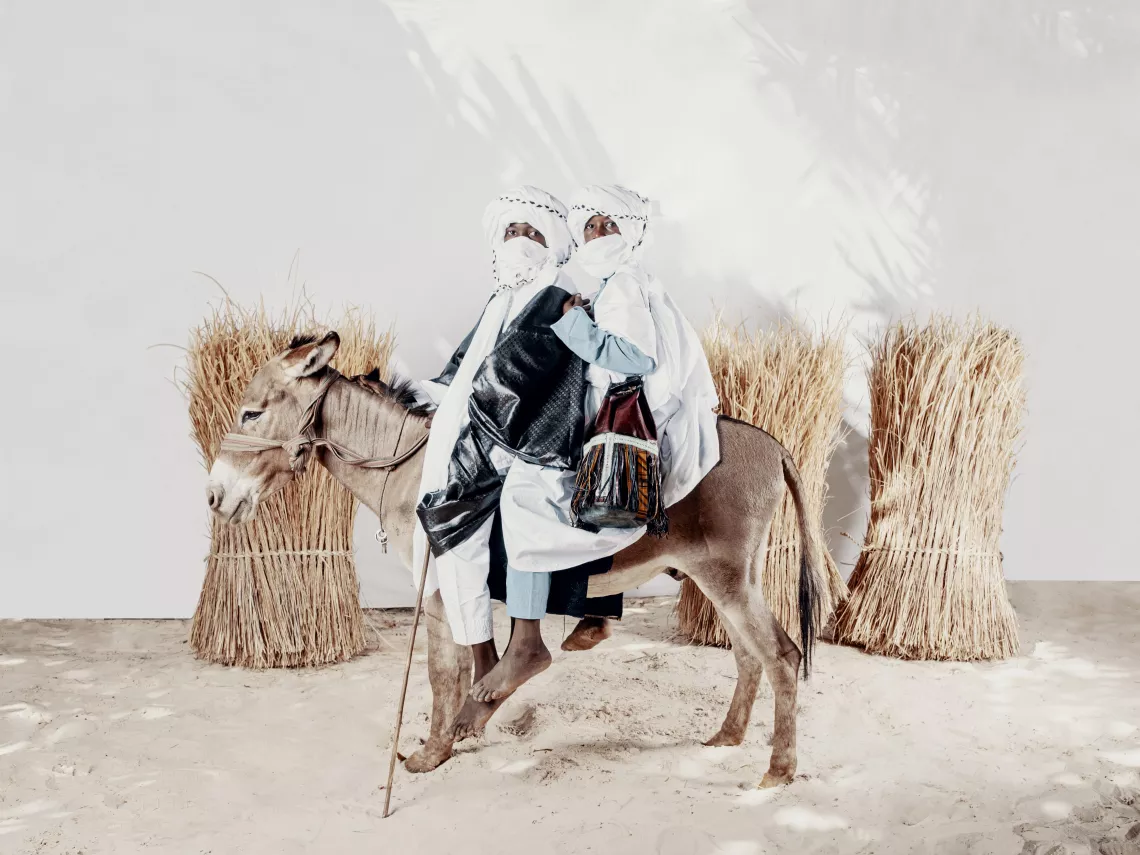A People Without A Past Have No Future
Passing on the tradition is everyone's business, especially if it has an impact on the education of children and the promotion of their rights.

Today, we celebrate the International Mother Language Day, a worldwide annual observance held on 21st February to promote awareness of linguistic and cultural diversity. Mother Language Day is part of a broader initiative "to promote the preservation and protection of all languages used by peoples of the world"
In Niger, languages and oral traditions have a rich educational significance. From storytelling to myths, through proverbs and riddles to epic tales, there is always a lesson to be learned, a value to be instilled. Over the centuries, the protection of children and the promotion of their rights have remained at the heart of this wisdom, transmitted from generation to generation.
Passing on the tradition is everyone's business, especially if it has an impact on the education of children and the promotion of their rights. A generation without a past is a wandering generation with no future.
In collaboration with the National Institute for Documentation and Research (INDRAP), Ollivier Girard, creative photographer, with UNICEF support, portrayed different proverbs from different ethnicities and regions to help you discover the diversity and richness of the traditions and culture of the country.
In this cultural diversity, from Arlit to Magaria, from Bilma to Ayorou, crossing all the regions, Peul, Hausa, Touareg, Kanuri, Zarma, Toubou, Arab, Gulmancema found a common resonance: the promotion of children’s rights.














